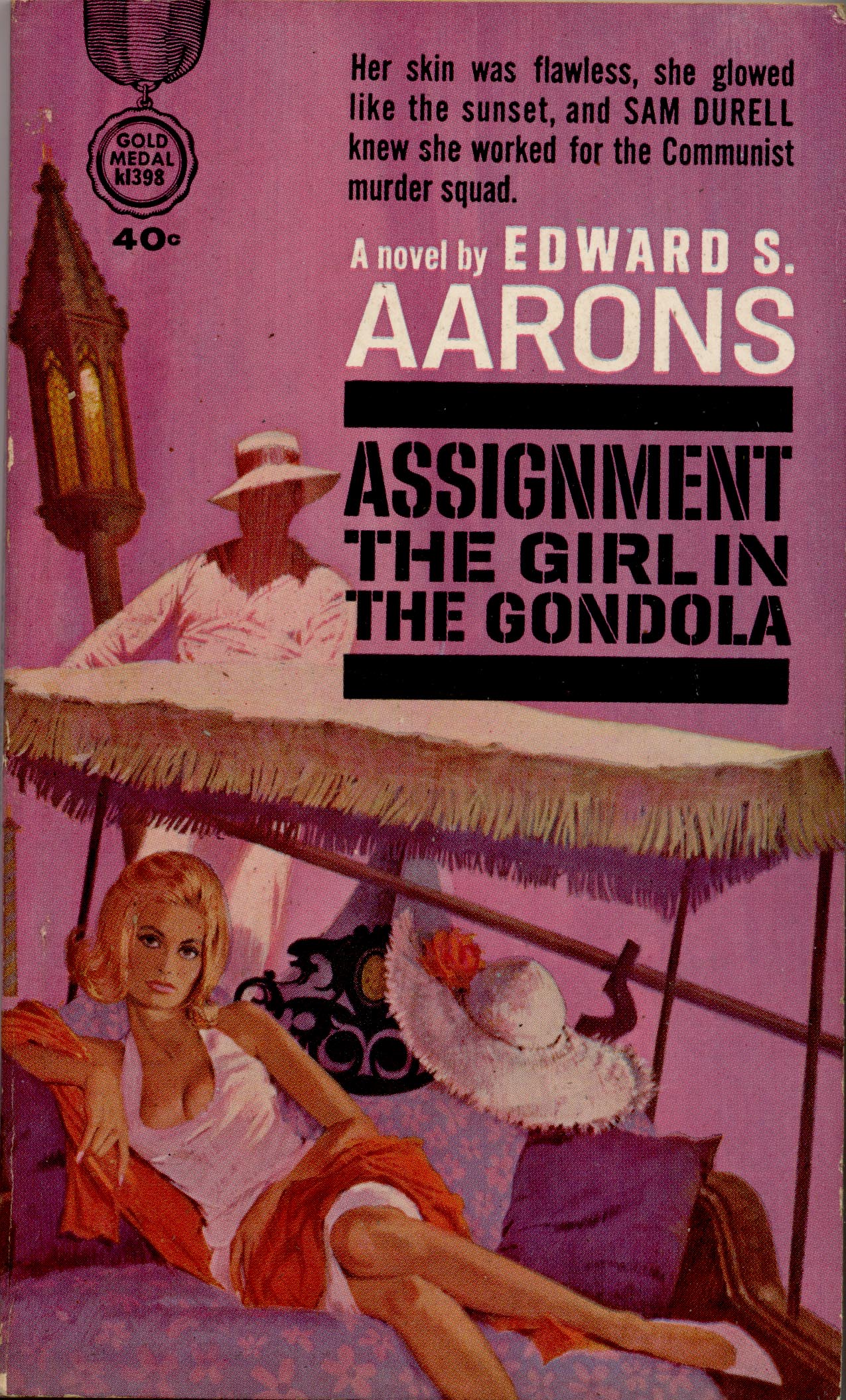


He famously announced that the era of segregation was over shortly after he was elected governor of Georgia in 1970. Carter makes no claim to leadership in the Civil Rights movement, but the early stages of his public life were profoundly affected by it.

The changes that took place in American politics, and particularly in the South, during and after the Civil Rights movement can be illuminated by providing some brief biographical sketches involving one politician, Jimmy Carter. The exception was Johnson in 1964, who used his landslide victory to pass a second monumental piece of civil rights legislation. Since 1948, no Democrat running for the presidency has won a majority of white voters, with one exception. In that year, Harry Truman had integrated the armed forces and put a commitment to Civil-Rights legislation into the party platform. Passing Civil-Rights legislation carried a heavy price for the Democratic Party, a price they had been paying since 1948. The American South, which for nearly a hundred years had been a one-party region consistently supportive of Democratic candidates, soon became competitive for Republicans, and then predominantly Republican, in national and statewide elections. He asked the president why he wasn’t thrilled by the news from Capitol Hill and got this reply: “Bill, I think we just delivered the South to the Republican Party for a long time to come.” Johnson’s electoral analysis was, of course, correct. In the midst of the celebrations, one of the president’s aides, Bill Moyers, was surprised to find Johnson in a somber mood. In either case, the White House staff was ecstatic. In some versions, it was the night after Congress had passed the Voting Rights Act in others, it was the Civil Rights bill. There is a famous story about Lyndon Johnson’s White House. Alan Graham Memorial Lecture, 2014 IAAS Annual Conference


 0 kommentar(er)
0 kommentar(er)
